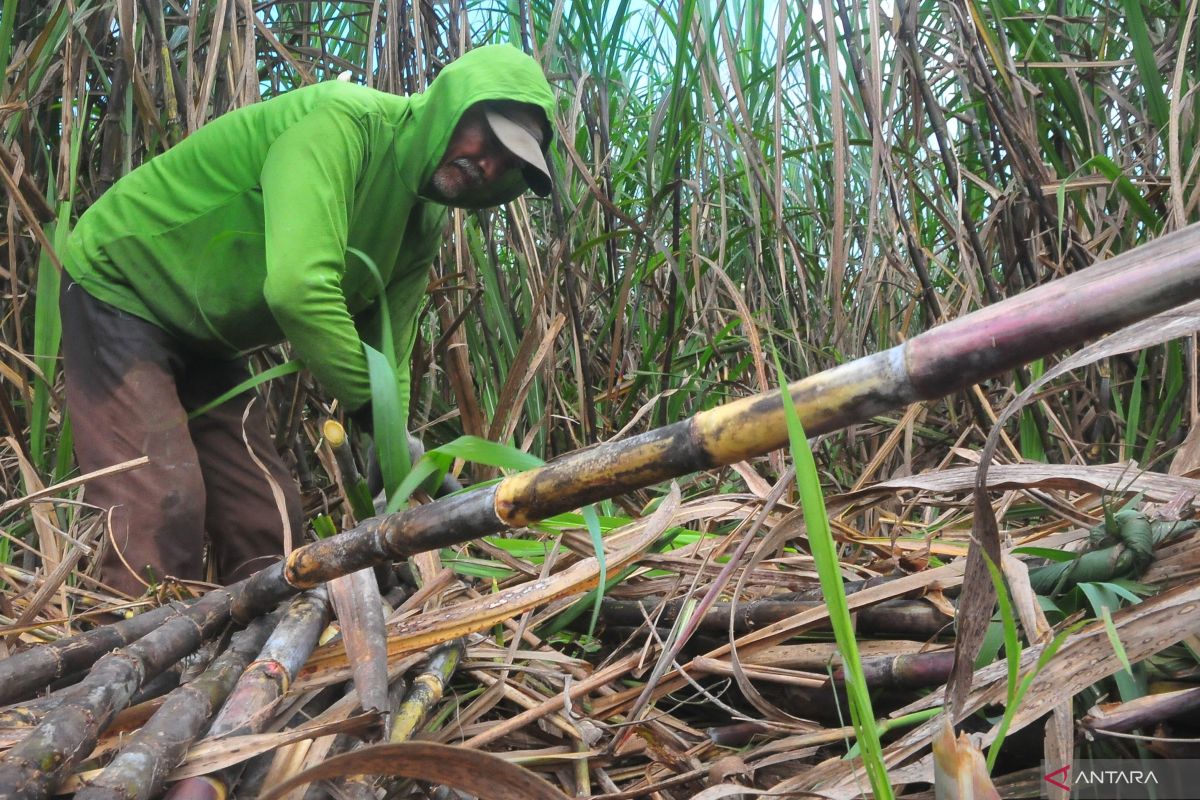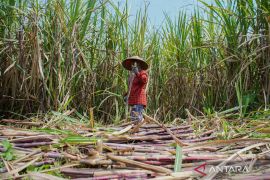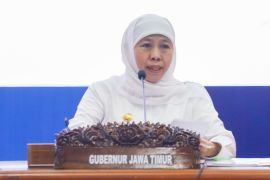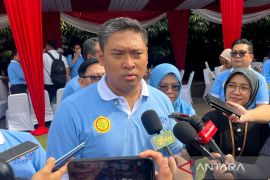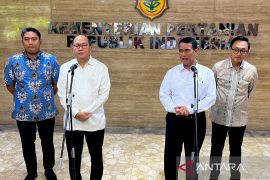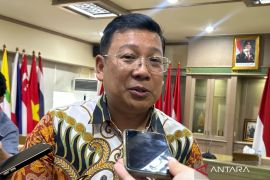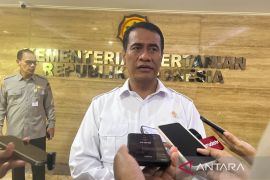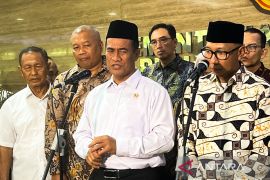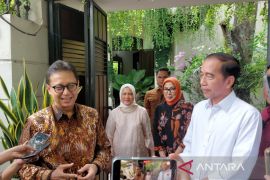Speaking during a meeting with state-owned plantation firm PTPN in Surabaya, East Java, on Wednesday, he stressed the need to simplify outdated regulations that hinder farmers and state-run enterprises.
Deregulation is seen as essential, he said, because rigid rules can restrict technical decisions necessary for boosting productivity.
Sulaiman identified one of the main obstacles to sugar production: about 86 percent of existing sugarcane fields are either damaged or underperforming, making extensive land rehabilitation critical.
The government’s intensification strategy will include irrigation improvements, the use of superior sugarcane cuttings, and more effective land preparation. Additionally, a major land expansion initiative will support the self-sufficiency goal.
“We will expand planting areas by at least 200,000 hectares so that PTPN can meet the target within three years,” Sulaiman stated.
He noted that President Prabowo Subianto has approved a budget of Rp30 trillion to Rp40 trillion (approximately US$2.45 billion) to support the sugar self-sufficiency program. The funds will be allocated for fertilizer subsidies, procurement of high-quality sugarcane cuttings, and other production inputs.
At the meeting, Sulaiman also emphasized the need to reform the agricultural credit system. He proposed setting the loan ceiling for low-interest People's Business Credit (KUR) at Rp50 million (approximately US$3,072) per hectare.
The Ministry of Agriculture and PTPN will submit formal proposals for deregulation to relevant ministries and agencies, he added.
“This is a demonstration of our commitment to act without delay. Sugar self-sufficiency is no longer a dream; it’s a concrete national agenda,” he affirmed.
Related news: Lembong implicated in Rp578 billion losses from sugar imports scandal
Related news: Minister Hasan optimistic farmers can meet national sugar needs
Translator: Willi Irawan, Raka Adji
Editor: Anton Santoso
Copyright © ANTARA 2025
